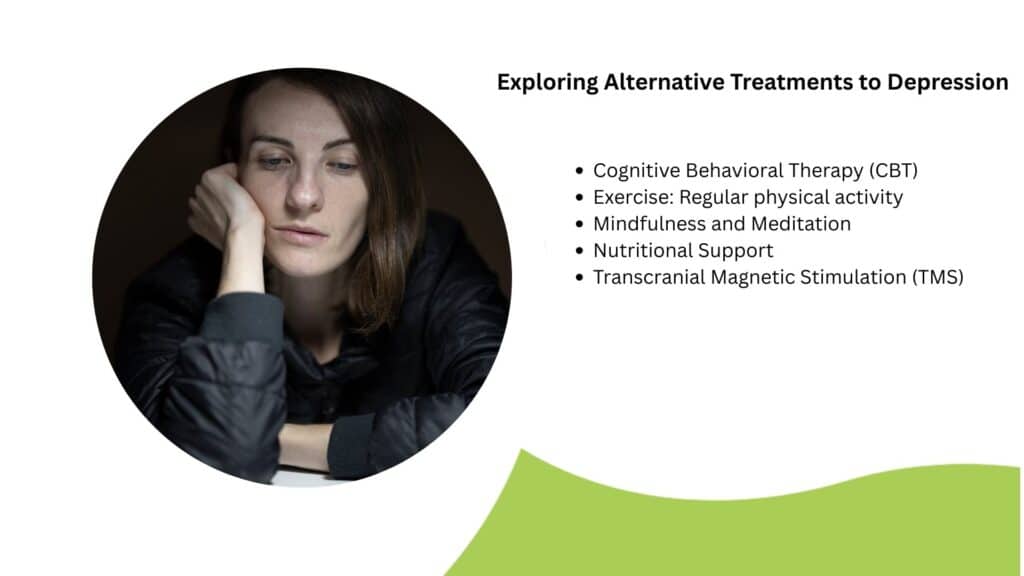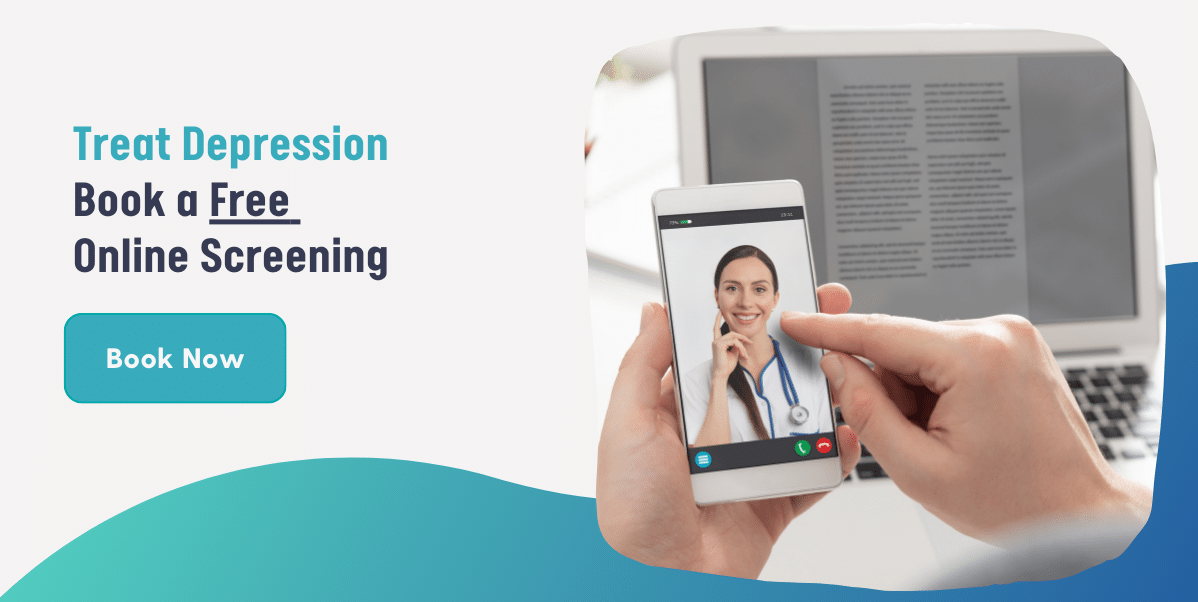
Depression is more than just a passing feeling of sadness—it’s a serious medical condition that affects how a person thinks, feels, and acts. According to the World Health Organization, over 280 million people worldwide experience depression. While symptoms vary, common signs include persistent sadness, loss of interest in activities, fatigue, changes in sleep and appetite, difficulty concentrating, and feelings of hopelessness.
The good news is that depression is treatable. However, for many people, finding the right treatment can be a long and frustrating journey.
Traditional Treatments for Depression
The most common first-line treatments for depression include antidepressant medications and psychotherapy (talk therapy). Medications such as selective serotonin reuptake inhibitors (SSRIs) or serotonin-norepinephrine reuptake inhibitors (SNRIs) can help regulate mood by altering brain chemistry. For some, these medications are effective, especially when combined with therapy.
However, not everyone experiences relief from these standard treatments. Up to one-third of individuals with depression are considered to have treatment-resistant depression (TRD), meaning they have not responded adequately to at least two different antidepressants. Side effects from medications—such as weight gain, sexual dysfunction, insomnia, and emotional numbness—can also deter patients from continuing their prescriptions.
Exploring Alternative Treatments
For those who have not found relief with medication or are seeking non-drug options, several alternative treatments are available:
- Cognitive Behavioral Therapy (CBT): A structured form of talk therapy that helps individuals identify and change negative thought patterns.
- Exercise: Regular physical activity has been shown to release mood-boosting chemicals and improve symptoms of depression.
- Mindfulness and Meditation: Practices that focus on awareness and presence can reduce stress and depressive symptoms.
- Nutritional Support: Some individuals benefit from addressing vitamin deficiencies, such as B12 or D, or incorporating omega-3 fatty acids.
- Transcranial Magnetic Stimulation (TMS): A non-invasive, drug-free option increasingly used for those with treatment-resistant depression.
What is TMS Therapy?
Transcranial Magnetic Stimulation (TMS) is an FDA-approved, non-invasive treatment for depression that uses magnetic pulses to stimulate areas of the brain involved in mood regulation, particularly the prefrontal cortex. Unlike medications, which circulate throughout the entire body, TMS targets the brain directly without systemic side effects.
During a TMS session, a small device is placed against the scalp. It delivers magnetic pulses that activate underactive neurons associated with depression. Each session lasts about 20 minutes, and patients remain awake and alert. Most treatment courses involve five sessions per week for four to six weeks.

Why TMS Works
TMS helps “reset” the brain’s communication pathways, promoting improved function in areas responsible for mood control. Clinical studies have shown that TMS can significantly reduce symptoms in individuals with treatment-resistant depression. Some patients experience full remission, while others report noticeable improvements in mood, energy, and outlook.
What makes TMS especially appealing is that it involves no drugs, no anesthesia, and minimal to no side effects. It’s covered by most major insurance providers for those who qualify, making it an accessible and science-backed alternative.
Frequently Asked Questions About TMS Therapy
- Is TMS safe?
Yes, TMS is considered safe and well-tolerated. It has been FDA-approved since 2008 for treating depression. - Does TMS hurt?
Most patients describe the sensation as a tapping on the scalp. Some experience mild discomfort or scalp sensitivity during or after treatment, but these effects usually subside over time. - How soon will I feel better?
Some people begin noticing improvements within the first few weeks. Others may require the full course of treatment before experiencing changes. - Will TMS work if medication hasn’t?
TMS is specifically designed for individuals who haven’t responded to antidepressants. Many patients with treatment-resistant depression benefit from TMS even after multiple medication failures. - Are the results of TMS permanent?
While TMS can lead to long-lasting relief, some individuals may need maintenance sessions. Outcomes vary, and follow-up care is often personalized. - Can I continue taking medication during TMS?
Yes, many people continue their existing treatments during TMS. Your provider will help determine the best approach for your individual needs. - Is TMS covered by insurance?
Yes, most insurance plans, including Medicare, cover TMS for eligible patients with treatment-resistant depression.
A Hopeful Path Forward
If you’re struggling with depression and feeling discouraged by past treatments, know that you’re not alone—and that new options are available. TMS offers a safe, non-invasive, and effective way to relieve depression symptoms and restore hope. While it’s not a guarantee or a cure, it represents an important advancement in mental health care for those in need of new solutions.
Curious whether TMS is right for you? Speaking with a qualified provider can help you take the next step toward healing.
Schedule Your Complimentary TMS Screening Today
At My TMS Therapy, we’re here to help you restore your energy and joy. Our compassionate team will guide you through every step of the process.
Call us at (877) 548-8081 or contact us online to book your screening today.
Sources:
World Health Organization. “Depression.” https://www.who.int/news-room/fact-sheets/detail/depression
National Institute of Mental Health (NIMH). “Depression.” https://www.nimh.nih.gov/health/topics/depression
Mayo Clinic. “Depression: Symptoms and Causes.” https://www.mayoclinic.org/diseases-conditions/depression/symptoms-causes/syc-20356007
Johns Hopkins Medicine. “Transcranial Magnetic Stimulation (TMS).” https://www.hopkinsmedicine.org/sibley-memorial-hospital/services/psychiatry/tms-dtms-services


